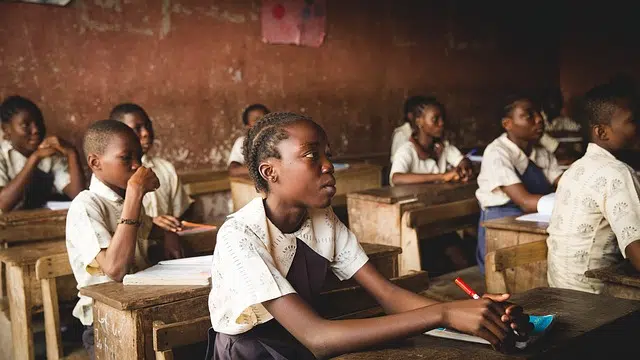
Schooling is associated with children's access to school to receive compulsory education.
Schooling is called the act and result of schooling : making children access school to receive compulsory education. This verb comes from the word scholarizare , from medieval Latin.
Schooling, therefore, consists of ensuring that those who are of school age attend educational centers and complete the studies that the State sets as mandatory. Both state authorities and parents or guardians have to ensure that children attend schools, also taking into account that education is a right.
Schooling and education
The notion of schooling is often confused with the idea of education . Schooling is directly linked to the school, a public institution where children are taught. Education, on the other hand, is instruction or training itself.
At a general level, it is accepted that the basic education that allows children to integrate into society is provided at school: hence the importance of schooling. The child who does not attend school, in this way, sees his rights violated and his future is compromised.
Access to an academic degree
Schooling, on the other hand, allows you to obtain an academic degree . This certification makes it possible for the person to continue their studies at a higher level or to obtain certain jobs in accordance with their qualifications.
In short, the State must create, condition and maintain all the schools that are necessary so that no child is left without schooling; that is, without access to compulsory basic education. Thus, at least in theory , opportunities for progress are equalized.

Schooling is essential to guarantee the right to education .
Overschooling
Despite all the benefits that schooling can bring to a child who is part of today's society , there is the risk of overschooling , a relatively modern concept that refers to an excessive degree of demand on the part of the elderly towards the youngest. children during their first years of life, which leads them to focus more on their academic education than on their development as people.
It is precisely in early childhood that we begin to socialize, to discover the world around us through our first friendships. Play, at this stage, is far from being a whim or a luxury, but rather a necessary activity to grow healthy and learn essential codes to insert ourselves into society in adulthood. Children who are overschooled have less time to play, and this leads them down a path of frustration that often has negative consequences in the future.
In many educational centers today, it is mandatory that children under five years old know how to read and write, something that did not happen at the beginning of the 20th century. This may be acceptable to many parents, but not all; Students who arrive at kindergarten without these skills face serious adaptation problems, so overschooling others causes harm to them as well.
The risk of demanding too much
Various specialists, including many pedagogues and educators, agree that forcing a child under five years of age to learn to read, write and do mathematical calculations, for example, is not only too heavy a demand for them but also a violation. of his rights as a person. Elders should focus on getting to know their children, especially in these early years, to discover their true needs as individuals , instead of forcing them to adapt to a system as closed and strict as schooling.
The development of any living being consists of several stages. In the case of human beings, we should understand education as an elementary process that begins with the exploration of the environment, which arises naturally from the curiosity we feel when we face the world for the first time. Schooling, therefore, must be applied afterwards.
